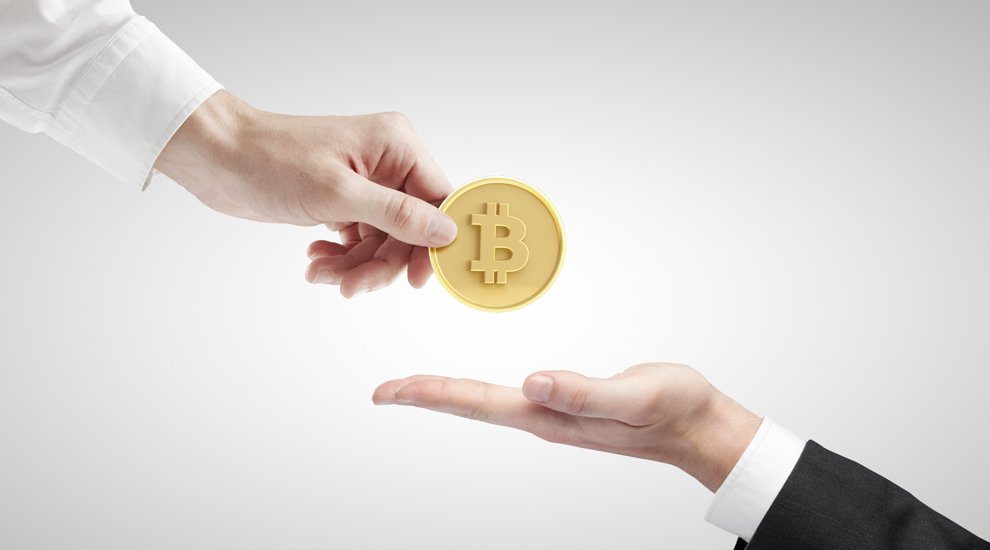
With a firm understanding of what Bitcoin is and how bitcoin wallets work, chances are that you’re interested in getting some of the digital currency for yourself. The question is: How can you get bitcoins?
Based on an understanding that bitcoins originally come from mining processes, you might think this is the best way to get some for yourself. Sadly this has become increasingly difficult as Bitcoin has grown in popularity. As more powerful, mining-specific devices have been introduced and the number of bitcoins out there to be mined has fallen, it is becoming increasingly unrealistic for average individuals to participate.
Another way to get bitcoins is to earn them like you would any other currency: by providing goods or services in exchange for the digital currency. There are websites that list offers for jobs that pay in bitcoins, rather than traditional currency. You can also ask your current employer to pay you in bitcoins, which can be a good option for international freelancers in particular.
However, there is no shortage of options for buying bitcoins. Purchasing options include cash, the use of credit and debit cards through online services, bank wire transfers, the use of PayPal or other digital payment services, or the exchange of other digital currencies for bitcoin. In some urban centers, it is possible to buy bitcoins from a bitcoin ATM, or you can even opt for a face-to-face exchange to reduce your monetary footprint. Those interested in buying bitcoins should do some research for the best options available in their locale, as these services tend to differ from country to country.
Additionally, though not yet approved, the idea of investment trusts specifically designed to allow people to purchase shares in the digital currency without having to buy or store bitcoins themselves is emerging. While the Bitcoin Investment Trust is an option that’s already up and running, Bitcoin Superfund and Winklevoss Bitcoin ETF are proposed alternatives awaiting approval as well.
Of course, the same best practices for safety and trust when sending money in exchange for anything also apply in the pursuit of bitcoins. Because Bitcoin services are not regulated in the same way as traditional currencies, it is vital to find trustworthy vendors and recommended that you obtain their real-world identities and confirm sufficient trust is in place before providing any funds in exchange for bitcoins.
While there are plenty of avenues available for procuring bitcoins, walking down them can be treacherous and more complicated than it might seem, and it will depend greatly on where in the world you live. However, as the digital currency gains mainstream popularity and more purchasing options are added to the current roster, the process will only become easier.
